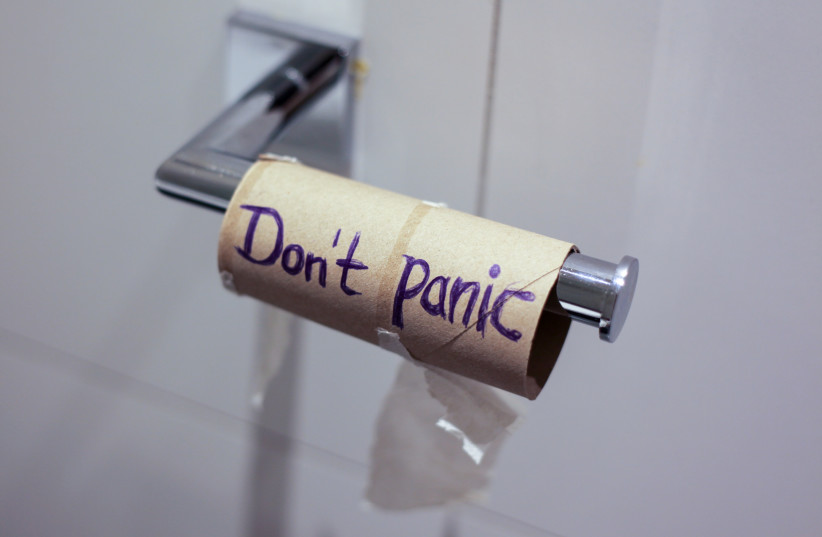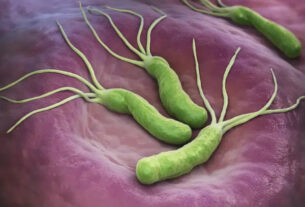Why does some poop float and roll around in the toilet, while other poop sinks easily? Here’s an answer, albeit incomplete.
IFLScience, a UK-based science website, states that for years, scientists didn’t know why some pieces of stool float while others immediately sink to the bottom of the toilet.
Theories have suggested that increased fat content in stool can cause poop to float, but in a study published in 1972 in The New England Journal of Medicine, researchers stated that when studying the feces of 33 healthy subjects (nine with floating feces, 24 with sinkers and six patients with fatty feces), they found that all floaters sank when gas inside the feces was compressed by positive pressure.
Poop: Floaters and sinkers – how does it work?
After passing gas, floating and sinking stools had similar specific weights, indicating that the tendency of poop to float or sink depends on differences in gas rather than fat content. The team added that the fatty poop was less dense than other pieces although this was due to an increase in water content rather than fat.
So, floating stools are due to increased gas or water content (or both); floating stools shouldn’t be considered a sign of steatorrhea which is increased fat in poop.
However, the above doesn’t really explain the reason behind the difference in gas and water content. But recently, a team studying mice noticed something exceptional in their poop.
While 10% of healthy people consistently produce floaters, this percentage is much higher in mice – around 50%. The team, who published their work in Scientific Reports, noticed that the poop of mice without gut bacteria tends to sink.
The team added that their findings of sinking and floating feces in bacteria-free mice and mice whose intestines’ bacterial content was measured, led to examining if bowel movements are fundamentally related to the production of floating stool.
In another test, the team took gut bacteria from healthy mice that was then injected into the stomachs of bacteria-free mice. They discovered that their poop also started to float.
The researchers wrote that by inserting microorganisms into the gut of germ-free mice, they conclusively demonstrated that the colonization of the gut by microbiota is a necessary condition for floating stool.
Researchers stress that more research is needed to determine which gut bacteria cause floaters, by introducing each bacteria separately into germ-free mice, and analysis of human poop is also needed.
They identified Bacteroides ovatus as several species of bacteria associated with floating poop found in the microbiome as the most enriched species in their analysis that’s positively correlated with both intestinal and anal gas evacuation in human patients. Also, they identified Bacteroides fragilis, which is known to produce hydrogen gas in the intestines.




